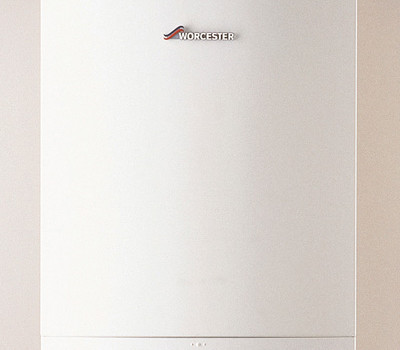
How does oil heating work?
Whether you opt for a heating oil or LPG boiler, they work in a very similar way to a typical gas boiler. The main difference is that the fuel used is stored on site rather than coming off ‘the grid’. The fuel is used to heat water in the boiler, which can then be used for hot water or for heating the home via a central heating system.
Oil or LPG?
Heating oil is a liquid and is generally a bit cheaper than LPG. The advantage in LPG is that you can use it as a fuel for your oven and hob, or your gas fire, whereas heating oil is a lot more restricted to the boiler only. The boiler itself is very similar, but the important differences come with the costs and charges for the various fuels.
How expensive is oil?
A typical heating oil or LPG system will be more expensive to run than an equivalent grid based gas system. Of course, it is not always possible to get mains gas in your property, and for those people, oil is an effective way to heat your property. Where a unit of gas might be around 3.5p/kW, a unit of heating oil is more expensive at around 6p/kW, and a unit of LPG is even more at 6.5-7p/kW.
There are further costs associated with these fuels however – you will typically pay a standing charge for maintaining the storage tanks, although the supplier will usually install the tank free of charge. Often the supplier will not let you change suppliers either – using the principle that if it is their tank – they only want their fuel in it. That means it is less easy to shop around for better rates with these fuels than it is with gas and electricity.
How much do they cost to install?
The boiler installation itself is going to cost a similar amount to a gas boiler install – typically anywhere from £1,500-£2,000. The tanks installation is usually subsidised or paid for by the fuel supplier. If you are installing the wet central heating system as well, an additional cost in the region of thousands will be necessary. So if you have a dry system you should think long and hard about switching – it isn’t going to pay back very quickly!
Should I install Oil Heating?
Oil and LPG heating is a tried and tested method of heating your home. It is fairly reliable and although relatively expensive to run will provide a good heat for any property. Having said that, there are cheaper ways to heat your home per kilowatt, and there are some crucial issues with this form of heating.
Limitations of oil / LPG heating
- More expensive to run than a heat pump or biomass system for example.
- Storing the fuel on site can be unsightly and there is always the danger the fuel can run out before your next delivery.
- Oil is a very environmentally damaging way to heat a home, especially compared to cleaner technologies like Biomass and heat pumps.
Advantages of oil / LPG heating
- Oil and LPG are widely available, and easy to maintain. There is very little upkeep required over the lifetime of the system.
- They are relatively cheap to install compared to some greener technologies.












Do LPG boilers produce more moisture than oil/mains gas boilers
Kilowatt, kW, is not a unit of energy but a unit of power, i. e. energy per unit of time. A price of fuel per kilowatt is meaningless, unless you are talking about the investment costs of installing a boiler of a certain heating capacity. Probably you meant kilowatt-hour,kWh.